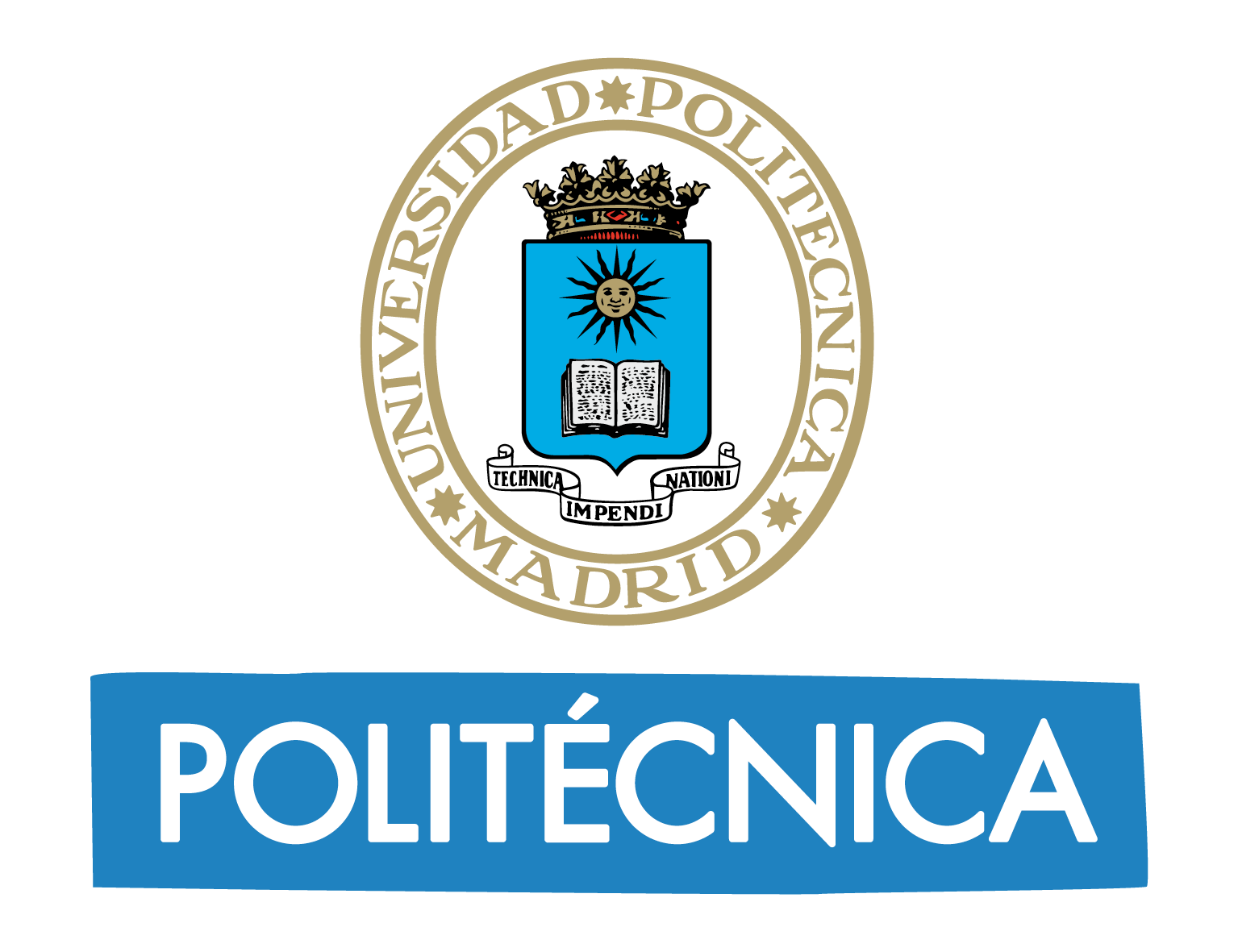Is it possible to predict body muscle growth?
Researchers from Universidad Politécnica de Madrid and Universidad Católica San Antonio (Murcia) analyse if it is possible to predict the body muscle growth and show that increasing the number of training sets could be negative for this purpose.
Achieving the right level of muscle mass is very important not only for aesthetic reasons (it could lead to a better self-steam, self- perception and our welfare level) but also because muscle mass has an important influence on health. It is because of this reason that many studies have been developed by researchers from different areas, trying to design better nutritional recommendations and training programs in order to obtain the adequate level of muscle mass. Furthermore, being able to predict potential changes in body muscle growth is really useful for health professionals, who aim to avoid unfavourable consequences of body muscle loss for both, people suffering from some disease and healthy population.
A study developed by researchers from Facultad de Ciencias de la Actividad Física y del Deporte (INEF) of the Universidad Politécnica de Madrid and Universidad Católica San Antonio de Murcia (UCAM) has analysed all the scientific literature up to date and the researchers have make a question: is it possible to predict body muscle growth in patients after a training intervention?

“Several studies have designed equations to predict the evolution of the patients weight based on training programs focused on weight loss, so we thought it would be great to have a similar tool to predict body muscle growth”, explains Pedro J. Benito, researcher from INEF-UPM and one of the authors of this job.
Although there were two previous international studies aiming to estimate the changes in body muscle growth after a training program, none of them analyse in an integrative way all the factors involved in a person’s body muscle growth.
“We are talking about taking into consideration individual factors such as sex, age or the participation in previous training programs, and combine these factors with some others inherent to exercise such as mechanical tension, metabolic stress, muscle damage or the volume and intensity of training”, explains the researcher from UPM.
In order to do that, researchers from UPM analysed more than 4.500 articles published up to date related to hypertrophy in order to decipher if it is possible to predict whether the desired increase in muscle mass will be achieved on the basis of a training programme.
Resistance training, the most important one
As a result of this job, published in International Journal of Environmental Research and Public Health researchers realised that resistance training is the factor with most influence in muscle development, while other personal variables seemed to be less important.
“Resistance training has a significant effect on the muscle mass growth, regardless of the method used to quantify it. Concerning the influence of the participants’ characteristics, there seem to be no variables (neither the age, nor the training status of the participants) that moderate the gains in hypertrophy. In addition, with respect to the characteristics of the training, the only single variable that inversely moderates the gains in muscle mass is the number of sets per workout, showing that an excess of sets per session affects negatively the amount of muscle growth”, explains Pedro J. Benito.
But then, what could we reasonably expect from a training program? Researchers have the answer: “After a systematic review with meta-analysis of more than 4.500 scientific publications and 111 articles we found that the average change of body muscle growth is usually 1.5 kg after a 12-week intervention”, researchers explain.
This is a very important discover because it allows to have a realistic idea of what a person can achieve with a training program. “Millions of people all over the world exercise in order to gain muscle mass, so knowing what to expect from the training is essential in order to have a realistic idea of the expected effects”, adds Pedro José Benito.
Pedro J Benito, Rocío Cupeiro, Domingo J Ramos-Campo, Pedro E Alcaraz, Jacobo Á Rubio-Arias. A Systematic Review With Meta-Analysis of the Effect of Resistance Training on Whole-Body Muscle Growth in Healthy Adult Males PMID: 32079265 PMCID: PMC7068252 DOI: 10.3390/ijerph17041285


